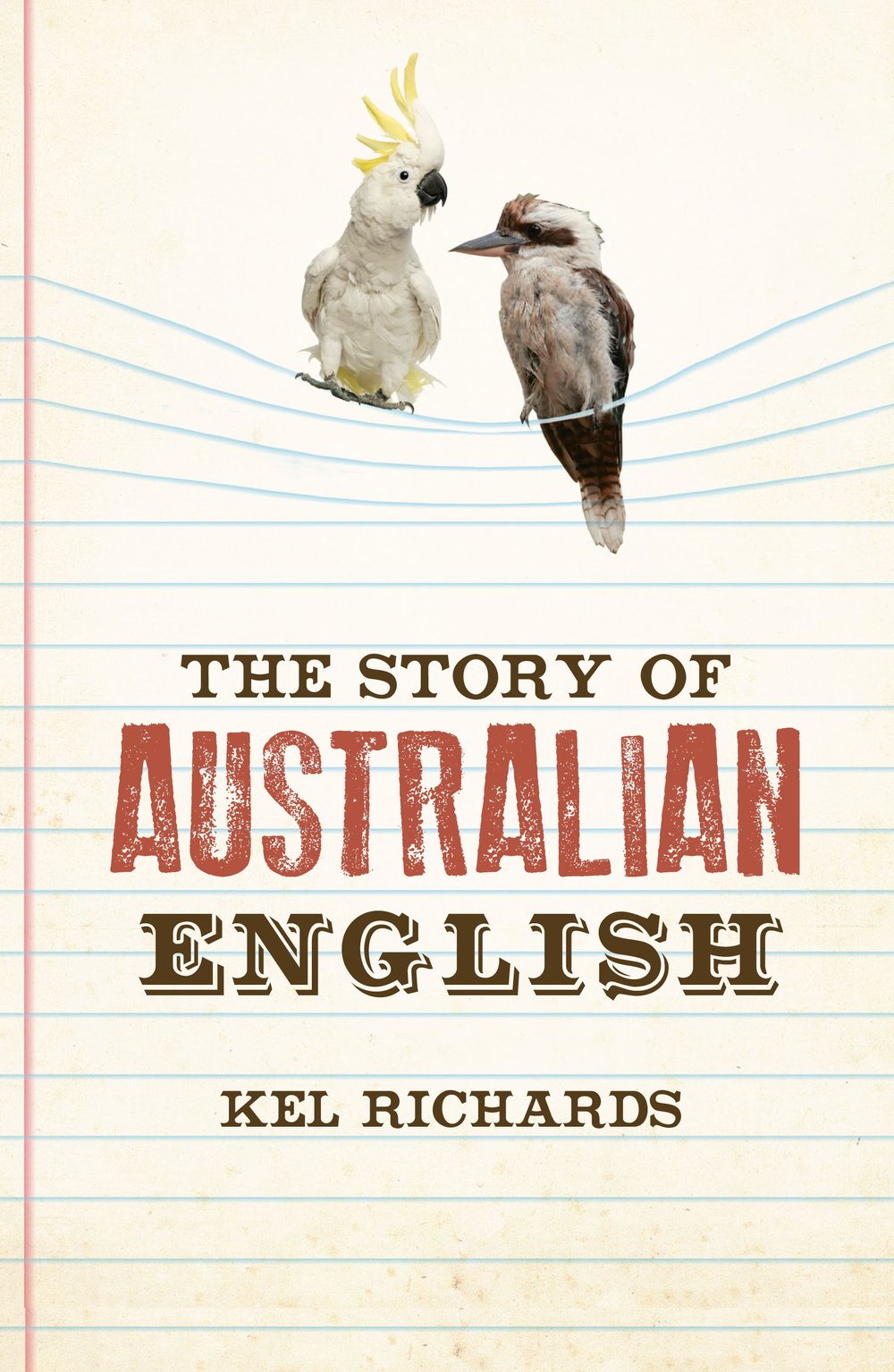The tall poppy syndrome refers to the Australian habit of cutting self-important people down to size. So adept are we at this particular exercise that we even do it to language. Many an inflated word has been strutting around our nation, smug and self-assured because of how many syllables it contained, when a quick snip with the Aussie verbal scissors reduced it to a bonsai version of its former self. This is the story of how that happens. It’s the story of how Aussie English shrinks words.
So, how do we go about it? How do we shrink our words? Often we cut two or three syllables back to one and then add an ‘a’ sound, an ‘ee’ sound or an ‘oh’ sound.
In fact, the most famous diminutive of all is formed this way. The earliest citation for Aussie in the Australian National Dictionary is from 1915. Then if you think about the possibility that you might work as a brickie, get up early for brekkie and owe money to the bookie it’s clear that we have a heap of these words ending in the ‘ee’ sound (without even leaving the first two letters of the alphabet!)
Which brings us to all the diminutives that end in ‘o’. Perhaps the most famous is arvo meaning ‘afternoon’, which can sometimes become ’Sarvo meaning ‘This afternoon’ (well, why bother with more syllables than you need?)
Then there are placenames, which are shrunk to indicate an amiable familiarity with the place – even an affection for it. Coff’s Harbour becomes Coff’s and the Sydney suburb of Paddington becomes Paddo.
When it comes to shrinking personal names, Bazza (Barry), Gazza (Garry) and Kazza (Karen) hasn’t gone far enough, so we then shrink those diminutives down to Baz and Gaz and Kaz.
Emeritus Professor Roly Sussex of the University of Queensland says: ‘No other language uses diminutives nearly as much as we do. We do it not just with people and places but even with vegetables, so that a cucumber becomes a cue or a cuie or a cuke and an avocado becomes an avo. We even do it for adjectives such as bewdy. No other language seems to shrink words quite as much as Australian English does.’
We even apply our word-shrinking habit to wines (so cabernet sauvignon becomes cab sav) and to food (spaghetti bolognese becomes spag bol).
There are, Roly tells me, several reasons why we do this word shrinking. In part it is a move towards making our language more informal. But it’s also a matter of ‘solidarity’ – the way Aussies talk to each about the things we know, like and share. This makes diminutives ‘identifiers’ – small verbal signals that we all belong to the same mob.
So if I invite you to a barbecue at my place that’s being rather formal, but if I invite you to a barbie it’s both friendlier and shows solidarity (it shows that we both belong to the same language ‘club’). Roly says that Australians in Earls Court, in London, will use this sort of language even more than they would at home – precisely because they are out of their home territory and they want to emphasise the fact that they belong together.
Another factor in the creation of Aussie diminutives is the pleasure we seem to take in playing with language. ‘We are supposed to be a bit laconic,’ Roly says, ‘but we are also famous for being inventive and colourful in language –“flat out like a lizard drinking”, all that kind of thing. And I think these diminutives are part of the way we like playing with words because we are inveterate tinkerers with the language around us.’
And to all this Roly adds the warning: ‘If you don’t use these expressions with a friend you sound as if you’re having a bad day, or you’ve been offended by them!’
***
This is an edited extract from The Story of Australian English by Kel Richards, out now from NewSouth.
Watch Kel Richards on the Today Show.

